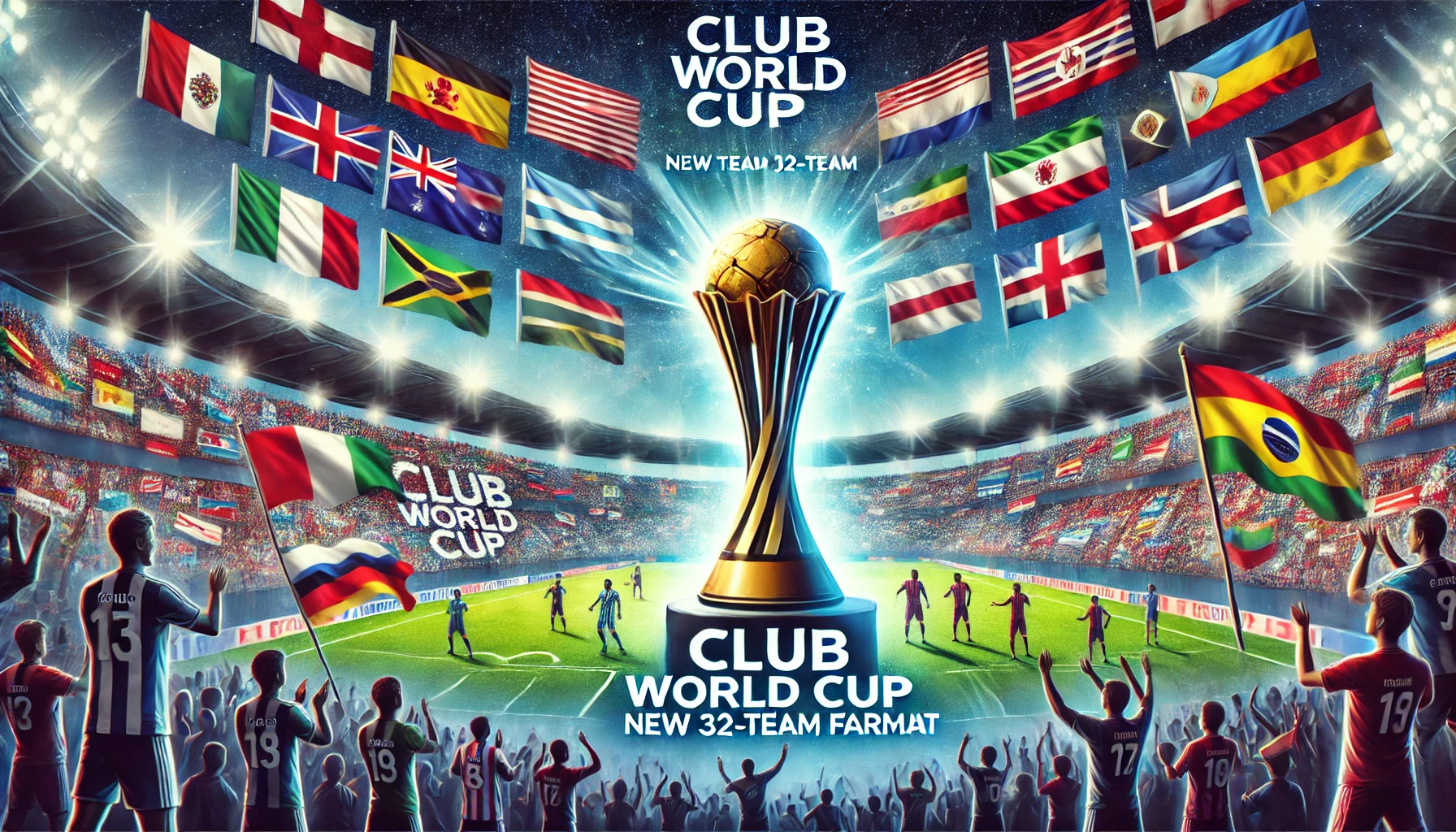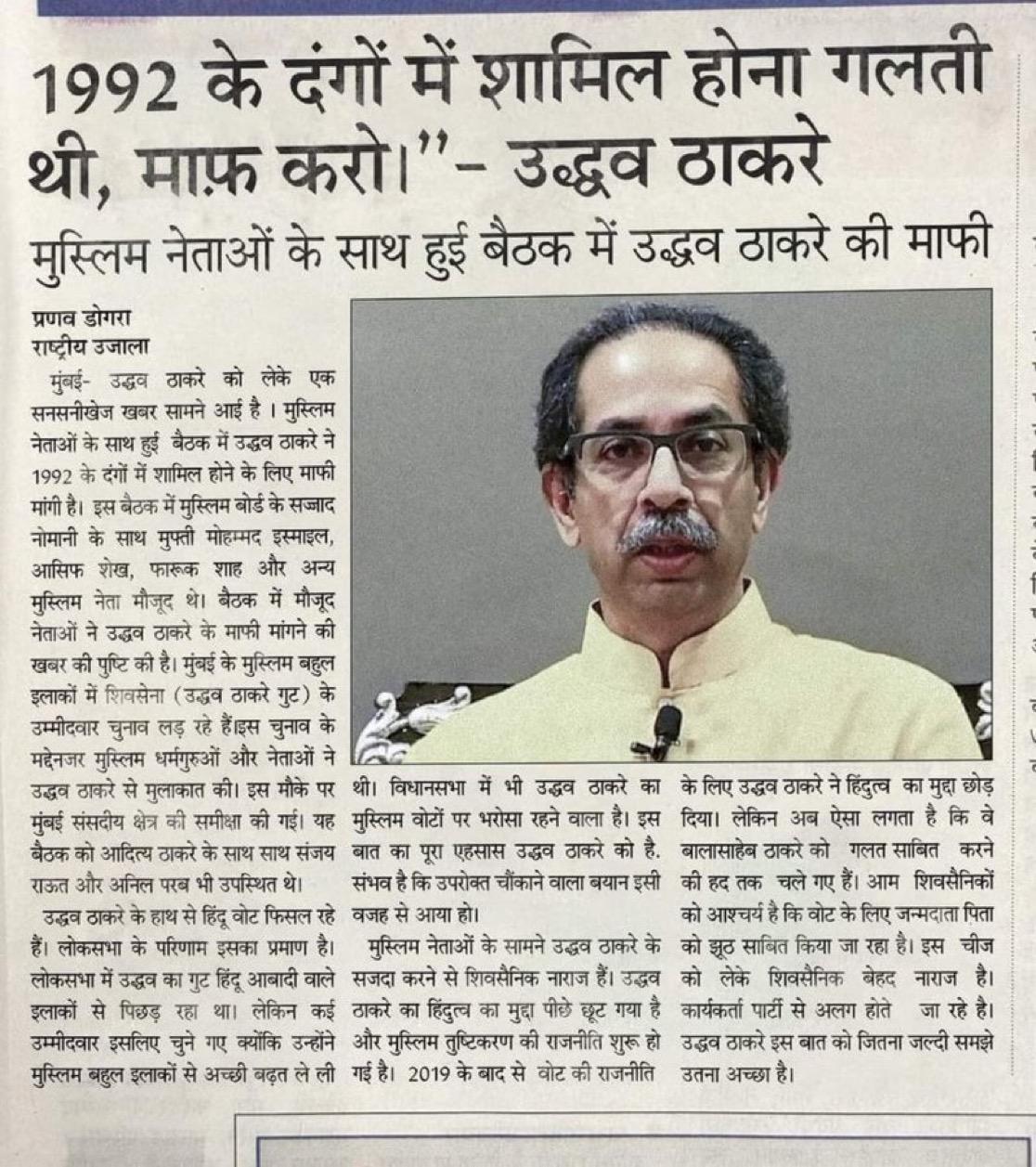Dear Maharashtra remember this before you vote
- Morarji Mills
- Century Mills
- Mafatlal Mills
- United Mills
- Khatau Mills
- Poddar Mills
- Prakash Cotton Mills
- Raghuvanshi Mills
- Swadeshi Mills
- Kamala Mills
- India United Mills
…….
When these mills closed down in the 1990s’ it was the rule of the Congress Party in Maharashtra .
In the areas of Bhyculla , Chichpokli , Parel , Dadar and other suburbs, a total of 62 mills were closed by the reckless acts of the then congress government .
From 2001 to 2010
- Premier Padmini , Kurla
- Mukund Steel Co., Kurla
- Hindustan Lever , Ghatkopar
- 80% of Godrej Industries, Ghatkopar
- Cipla Pharmaceutical , Vikroli
- R R Paints , Vikroli
- Asian Paints , Vikroli
- Jolly Board , Kanjurmarg
- CEAT Tyres , Kanjurmarg
- Rohan Polymer , Kanjurmarg
- Bombay Oxygen , Mulund
- Ralli Wolf , Mulund
- Johnson & Johnson, Mulund
ALL CLOSED DOWN !
In addition , in NAVI MUMBAI …
- Nocil Petrochemical, Ghansoli
- Bharat Electric , Aairoli
- Siemens , Ghansoli
- CPC Company , Aairoli
- Proctor & Gamble , Digha
ALL CLOSED DOWN .
Through the 1990s’ and 2000s’ , in areas of Ghodbunder , Balkum , Kolset , Pokhran Thana Road , these companies closed down ….
Voltas ,Colour Chem , Star India , Sandoz , Bayer India , Kiran , Glaxo India , Cadbury , Golden Dyes and many other profitable companies closed shop .
There was a great lack of self confidence in the Nation when the Congress ruled at the Centre and in the states !
Most of these companies closed down or were forced to close down .
Many companies moved to different states .
……and the Congress politicians eyed the vacated properties !!
AT THIS TIME NEITHER NARENDRA JI MODI OR THE BJP WAS ANYWHERE AROUND !!
The Congress party was in the business to seize land !
They poured their hoarded black money into the property market with abandon , outclassing the Aam Aadmi hands down , who now could not afford to buy property.
WHEN YOU , the INFORMED VOTER , go to VOTE , remember the above !
UNITED WE STAND, DIVIDED WE FALL
Dear Maharashtra remember this before you vote
- Morarji Mills
- Century Mills
- Mafatlal Mills
- United Mills
- Khatau Mills
- Poddar Mills
- Prakash Cotton Mills
- Raghuvanshi Mills
- Swadeshi Mills
- Kamala Mills
- India United Mills
…….
When these mills closed down in the 1990s’ it was the rule of the Congress Party in Maharashtra .
In the areas of Bhyculla , Chichpokli , Parel , Dadar and other suburbs, a total of 62 mills were closed by the reckless acts of the then congress government .
From 2001 to 2010
- Premier Padmini , Kurla
- Mukund Steel Co., Kurla
- Hindustan Lever , Ghatkopar
- 80% of Godrej Industries, Ghatkopar
- Cipla Pharmaceutical , Vikroli
- R R Paints , Vikroli
- Asian Paints , Vikroli
- Jolly Board , Kanjurmarg
- CEAT Tyres , Kanjurmarg
- Rohan Polymer , Kanjurmarg
- Bombay Oxygen , Mulund
- Ralli Wolf , Mulund
- Johnson & Johnson, Mulund
ALL CLOSED DOWN !
In addition , in NAVI MUMBAI …
- Nocil Petrochemical, Ghansoli
- Bharat Electric , Aairoli
- Siemens , Ghansoli
- CPC Company , Aairoli
- Proctor & Gamble , Digha
ALL CLOSED DOWN .
Through the 1990s’ and 2000s’ , in areas of Ghodbunder , Balkum , Kolset , Pokhran Thana Road , these companies closed down ….
Voltas ,Colour Chem , Star India , Sandoz , Bayer India , Kiran , Glaxo India , Cadbury , Golden Dyes and many other profitable companies closed shop .
There was a great lack of self confidence in the Nation when the Congress ruled at the Centre and in the states !
Most of these companies closed down or were forced to close down .
Many companies moved to different states .
……and the Congress politicians eyed the vacated properties !!
AT THIS TIME NEITHER NARENDRA JI MODI OR THE BJP WAS ANYWHERE AROUND !!
The Congress party was in the business to seize land !
They poured their hoarded black money into the property market with abandon , outclassing the Aam Aadmi hands down , who now could not afford to buy property.
WHEN YOU , the INFORMED VOTER , go to VOTE , remember the above !
UNITED WE STAND, DIVIDED WE FALL








